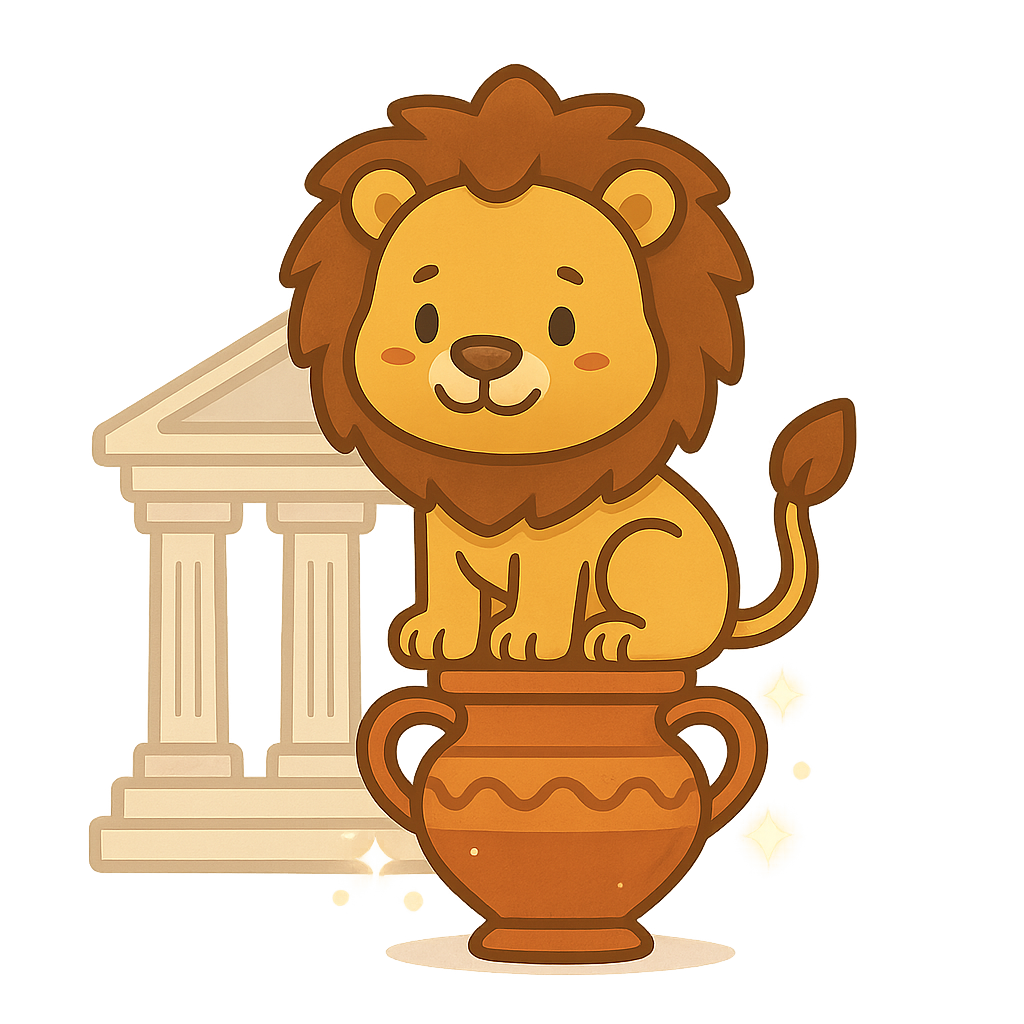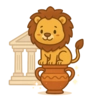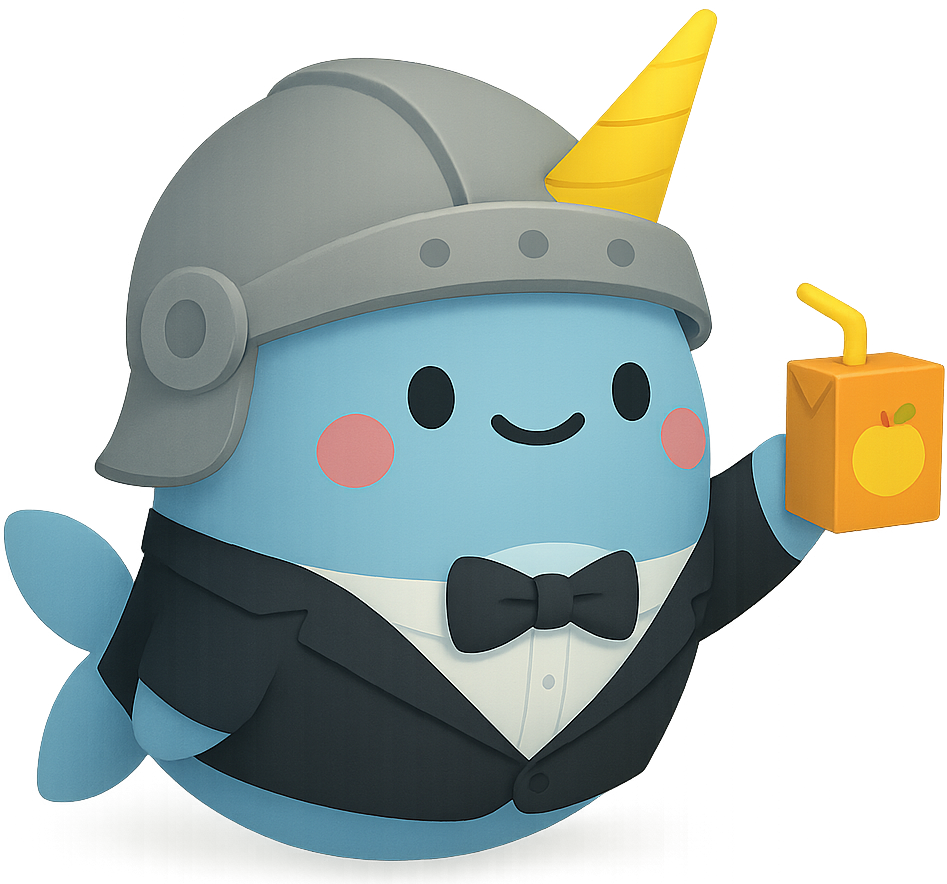The Twelve Labors of Hercules
My name is Iolaus, and I saw greatness up close, but I also saw the heavy heart that carried it. In the sun-drenched lands of ancient Greece, among olive groves and stone temples, my uncle was the strongest man alive, a son of the mighty Zeus himself. But strength can be a terrible burden, especially when the queen of the gods, Hera, despises you for simply being born. She sent a madness upon him, a fog of rage so thick he couldn't see through it, and in that darkness, he did something unforgivable. When the fog lifted, his grief was as powerful as any monster he would ever face. To find peace, to wash away the stain on his soul, the Oracle of Delphi declared he must serve his cousin, the cowardly King Eurystheus, for twelve years and complete any ten tasks the king demanded. This was the beginning of the myth known as The Twelve Labors of Hercules.
King Eurystheus, hoping to be rid of my uncle forever, didn't just assign ten tasks; he devised twelve challenges so perilous that no ordinary mortal could survive even one. The first was the Nemean Lion, a beast whose golden fur was impenetrable to any weapon. I watched Hercules wrestle the creature in its own cave, using his bare hands and divine strength to overcome it. He returned wearing its hide as armor, a symbol of his first victory. Next came the Lernaean Hydra, a nine-headed serpent whose venom was deadly and for every head cut off, two more would grow. It was here that I helped him, using a torch to sear the necks as he severed the heads, preventing them from regrowing. We worked as a team, proving that even the strongest hero needs a friend. The labors took him across the known world and into the realm of myth. He chased the Ceryneian Hind, a deer with golden antlers sacred to the goddess Artemis, for an entire year without harming it. He cleaned the filthy Augean stables in a single day, not by shoveling, but by cleverly diverting two entire rivers to wash them clean. He journeyed to the edge of the world to fetch the golden apples of the Hesperides, a task that required him to trick the mighty Titan Atlas into holding up the sky for him once more. He even sailed to the island of Crete to capture the fire-breathing Cretan Bull and battled the man-eating Mares of Diomedes. Each labor was designed to break him, to test his strength, his courage, and his mind. His final, most terrifying task was to descend into the Underworld itself, the land of the dead, and bring back its three-headed guard dog, Cerberus. I waited, not knowing if he would ever return from that shadowy place. But he did, dragging the fearsome beast before Eurystheus, who was so terrified he hid in a large bronze jar. Hercules had done the impossible. He had faced monsters, gods, and even death itself.
A hero's legacy. With the twelve labors complete, Hercules was finally free. He had paid for his past, but more than that, he had transformed his pain into purpose. He became the greatest hero of Greece, a protector of the innocent and a symbol of what a person could endure and overcome. The stories of his labors weren't just tales of monster-slaying; they were lessons. The Nemean Lion taught us that some problems can't be solved with old tools and require a new approach. The Augean stables showed that the smartest solution is not always the most obvious one. The Hydra reminded us that some challenges are too great to face alone. People carved his image onto temples and painted his adventures on pottery, sharing his story from one generation to the next. They saw in him the strength to carry on when things felt impossible.
The echo of the hero. Even now, thousands of years later, the echo of my uncle's story is all around us. You see it in the superheroes in your comic books and movies, characters who use their great power to protect others. You hear it in the phrase 'a Herculean task,' used to describe a challenge that seems impossibly difficult. The myth of The Twelve Labors of Hercules lives on because it speaks to a truth inside all of us. We all have our own 'labors'—our challenges, our fears, our mistakes—and Hercules's journey inspires us to face them with courage, cleverness, and the will to never give up. It reminds us that our greatest strength isn't in our muscles, but in our heart, and that it's possible to find redemption and become a hero in our own story.
Reading Comprehension Questions
Click to see answer


